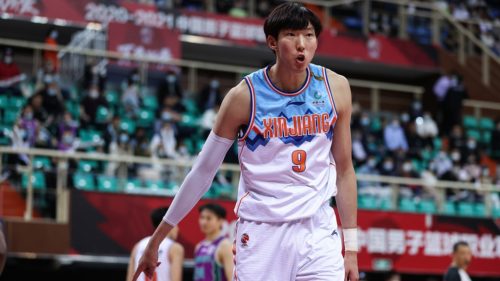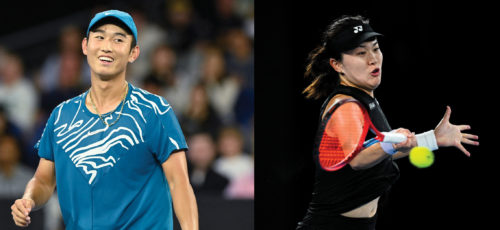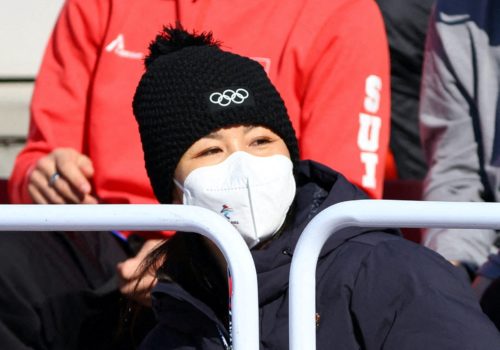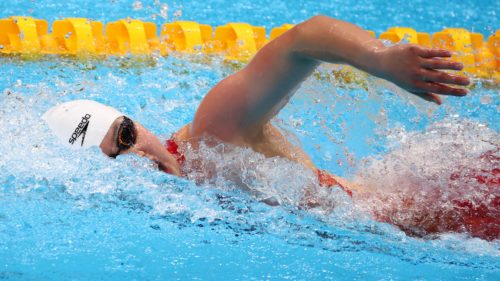Decision time for China at World Cup: Play to win, or play to progress?
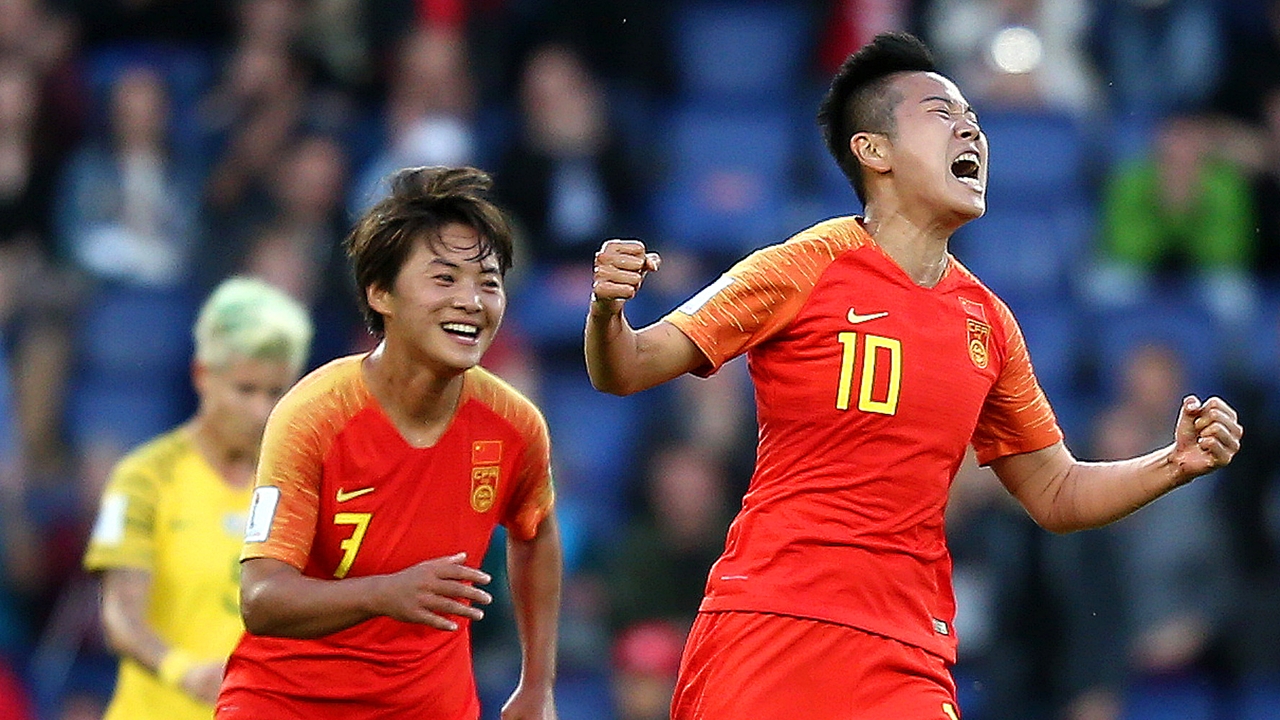
The China Sports Column is a The China Project weekly feature in which China Sports Insider Mark Dreyer looks at the week that was in the China sports world.
The coach of the Chinese women’s national team has a big decision to make this week — play to win, or play to progress?
Last week’s column offered a fairly bleak take on China’s prospects of success at the ongoing Women’s World Cup in France, but there is, perhaps, a sliver of hope emerging.
As expected, China lost its opening game (to Germany, 0-1), but won its second game (vs South Africa, 1-0), setting up a bizarre winner-takes-almost-certainly-nothing clash with Spain on Monday.
That’s because the team that wins will likely finish second in Group B behind Germany, and go into a Round of 16 tie against the reigning champions USA.
That’s the same U.S. team that set a Women’s World Cup record this week with a 13-0 demolition of Thailand (and were then criticized by a few idiots for daring to — gasp — celebrate scoring goals at a World Cup).
And while soccer tournaments are littered with examples of underdogs winning against the odds, the prospect of facing the Americans is so dire that coaches will seriously have to consider if not actually throwing a game, then perhaps sending out a weakened team.
The loser of the China-Spain game — or China, if the teams play out a tie — looks set to finish third in the group and would most likely play one of Australia, Brazil, or Italy as the winners of Group C.
That’s turning out to be the most closely contested group in the tournament — with Italy, the lowest ranked team of that trio, currently on top — meaning that whoever does win the group is also beatable.
Or, crucially, more beatable than the Americans.
If China does indeed look to deliberately finish third in its group, rather than second, there’s plenty of sporting precedent.
The fates of England and Belgium were discussed ad nauseam at the Men’s World Cup last year, with plenty of fans on both sides praying for their team to lose the final group game between the two so as to potentially set up an easier route in the knockout stages.
In fact, both teams later met in the third-place playoff, but the pragmatists still maintain that England would never have gone so deep in the tournament if they had earlier beaten Belgium.
Those tactics wouldn’t be beneath a Chinese team, either.
At the London Olympics in 2012, a Chinese pair in the women’s doubles badminton tournament was among four teams controversially thrown out for “attempting to manipulate the draw,” i.e., have a more favorable matchup in the knockout rounds.
But playing to lose is a dangerous game.
Quite apart from the argument that it’s against the spirit of the game, it builds negative momentum.
More importantly, though, there’s no guarantee that finishing third in the group would actually see China progress, since only four of the six teams that finish third in their group will go through.
But the fact remains that — as things stands, and taking all emotion out of the equation — China’s best chance of a run to the quarterfinals and beyond lies in not beating Spain on Monday.
Spain, of course, faces the same prospect, so the teams sent out by each coach will give some indication of their intentions.
Speaking of lineup selections, the big talking point in China’s slim defeat to Germany was the fact that Wang Shuang — China’s only truly world-class player — started the game on the bench, despite no apparent injury.
While other teams know that the key to stopping China is by containing Wang Shuang, it was a very curious strategy to help the Germans along by doing their job for them.
On the subject of China’s best player, this first-person account on The Players’ Tribune is extraordinary, and a refreshingly open piece for a Chinese athlete.
It would take a team of psychologists to unpack all the damage that’s been done to her over the years by her family, her coaches, and the entire system, but somehow she’s made it through against the odds.
It does make you wonder, though, how good she might be today if she had actually been encouraged a little along the way.
Outside of Wang Shuang, striker Li Ying was the star of the show against the South Africans, with her first-half volley the difference between the two teams.
And in the latest example of China’s overbearing sporting officialdom, Li Ying has to play with her arm wrapped in bandages so that the folks back home don’t see her tattoos underneath, which would, of course, spark a mass descent into subculture chaos (or so the argument goes).
This is despite the fact that in the official photo and video shoots for the World Cup, no one thought to whip out the bandages to hide the offending ink.
That's the first goal of the 2019 #FIFAWWC for #CHN! #RSACHN | #FIFAWWC pic.twitter.com/RSY0ApXTH1
— FIFA Women's World Cup (@FIFAWWC) June 13, 2019
Congrats to Li Ying – the #PlayeroftheMatch presented by @Visa for #RSACHN!
Here’s her post-match interview… #CHN #FIFAWWC pic.twitter.com/9IKQwnP7xw
— FIFA Women's World Cup (@FIFAWWC) June 13, 2019
At the risk of flogging the dead horse in this column, it’s ridiculous that Chinese players are forced to wear accessories that can only hinder performance, when all their opponents at the elite level are instead wearing the latest in high-tech sports clothing in order to gain the slightest of edges.
Again, imagine how much better Li and others could be if all this negative time and energy was instead focused on on-pitch performance.
Granted, it still wouldn’t be enough to beat the Americans at the World Cup, but at least they’d be doing it without one hand tied behind their backs.
The China Sports Column runs every week on The China Project. Follow Mark Dreyer @DreyerChina.
